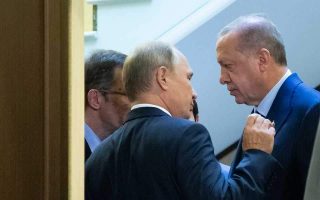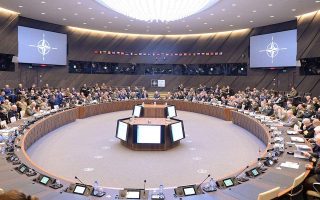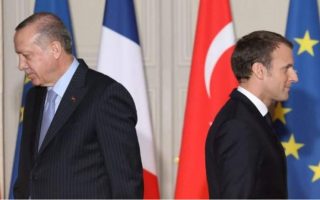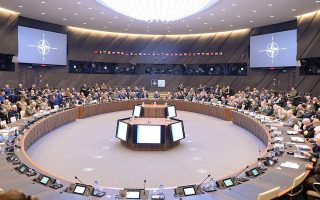Three-way, high-stakes push under way
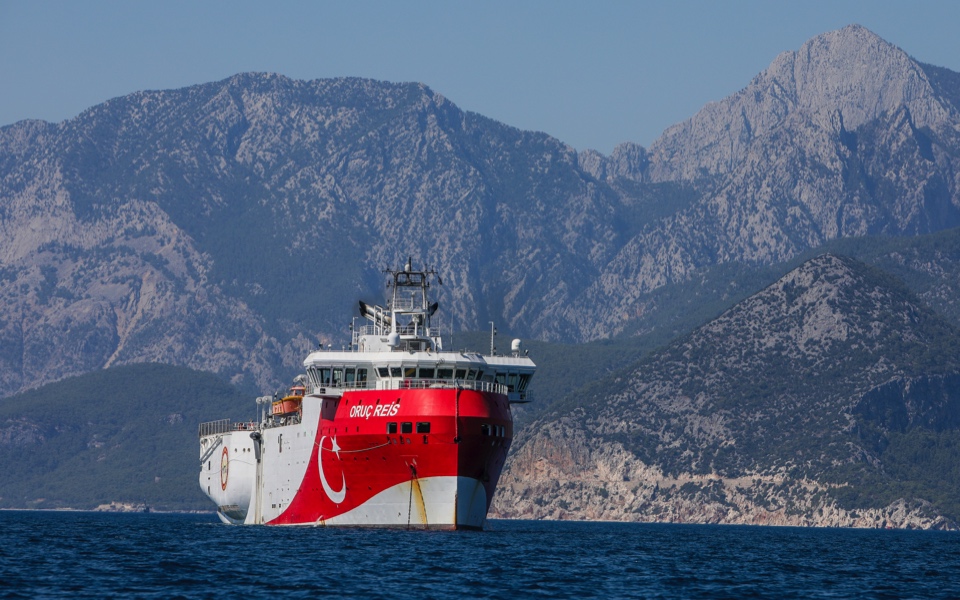
In the run-up to August 2 – when the Navtex issued by Turkey reserving areas for seismic surveys in the Greek continental shelf expires – Athens, Ankara and Berlin have embarked on a high-stakes diplomatic push with an uncertain outcome.
According to the message sent out via Berlin and other western capitals by Ibrahim Kalin, the adviser to President Recep Tayyip Erdogan, Turkey is “holding back” its Oruc Reis research vessel in the southern port of Antalya, but is waiting for a signal from Greece for a “dialogue without conditions.”
The Greek government has made it clear that it does not reject the idea of a discussion outright, but says that it would need to take place within a specific framework. Turkey, it adds, must also refrain from provocative actions, such as the Navtex last week reserving parts of the Greek continental shelf and the conversion of the former church of Hagia Sophia into a mosque. At the same time, German Chancellor Angela Merkel is striving behind the scenes for a de-escalation tension and a resumption of dialogue to reduce the risk of a “miscalculation” or an “accident.”
The personal involvement of Chancellor Merkel is evidence of a substantial change, with Berlin taking over the role of mediator usually reserved for Washington, whose response to the crisis between the two NATO allies has been viewed as lukewarm, despite the statements issued by US State Department officials.
The dispatch of the American Dwight D. Eisenhower aircraft carrier the south of Crete and the escort of a frigate and a submarine provided by the Hellenic Navy is seen as significant, but it is not directly related to the crisis triggered in the Eastern Mediterranean by the announcement of seismic surveys by Ankara. The reaction from the United States was expected in Athens, given the Turkish president’s reported access to the White House, but mainly due to the situation in the US as it heads to the November elections.
According to observers, Merkel’s mobilization goes beyond the usual limits of German diplomacy, as a challenge to an EU member-state’s sovereignty cannot be ignored by Berlin – which holds the rotating EU presidency – especially at a time when Europe is surrounded by a series of serious geopolitical crises. A second factor that played a role in this intervention was the fact that Erdogan recognizes Merkel’s influence within the EU.

